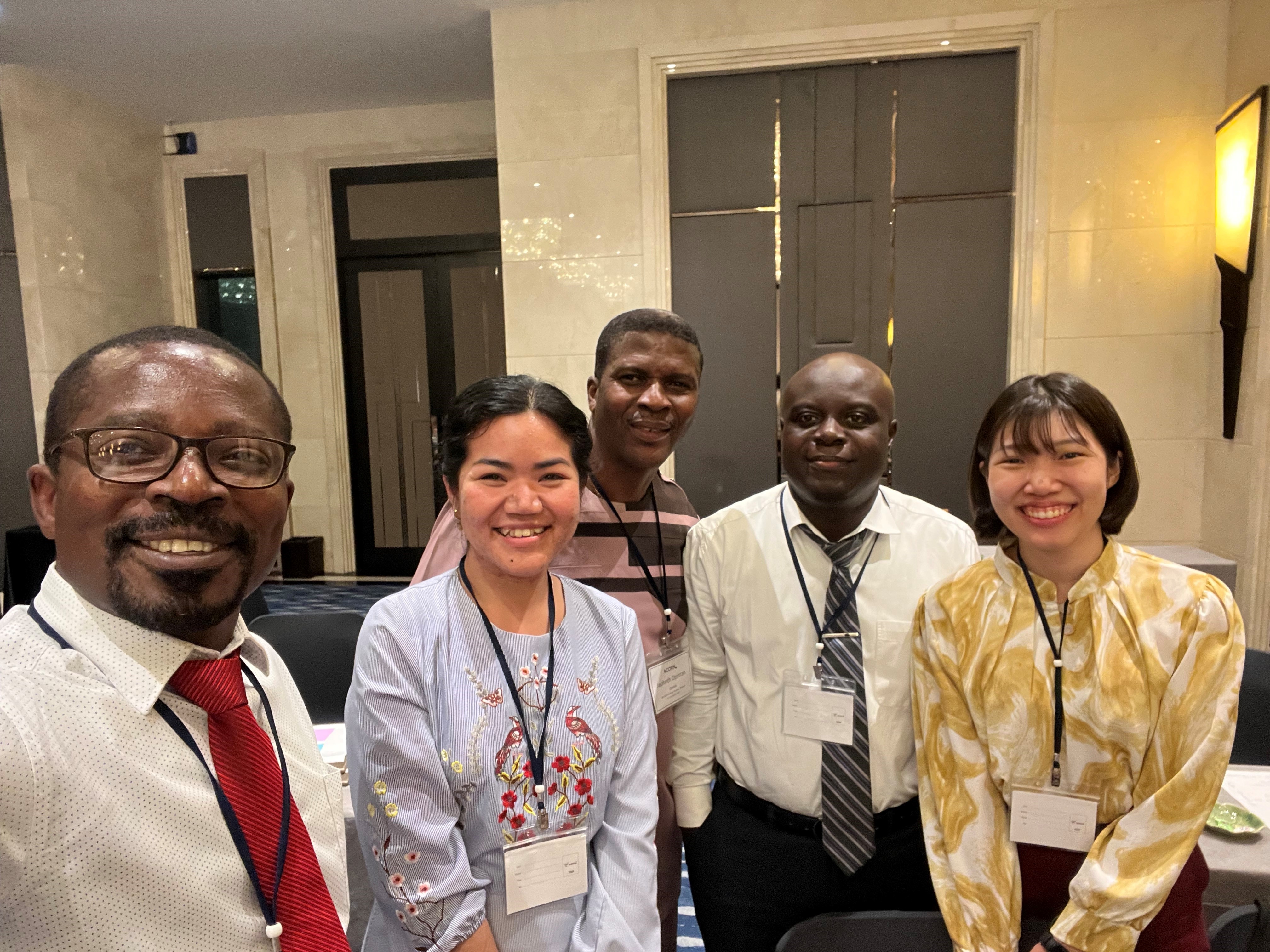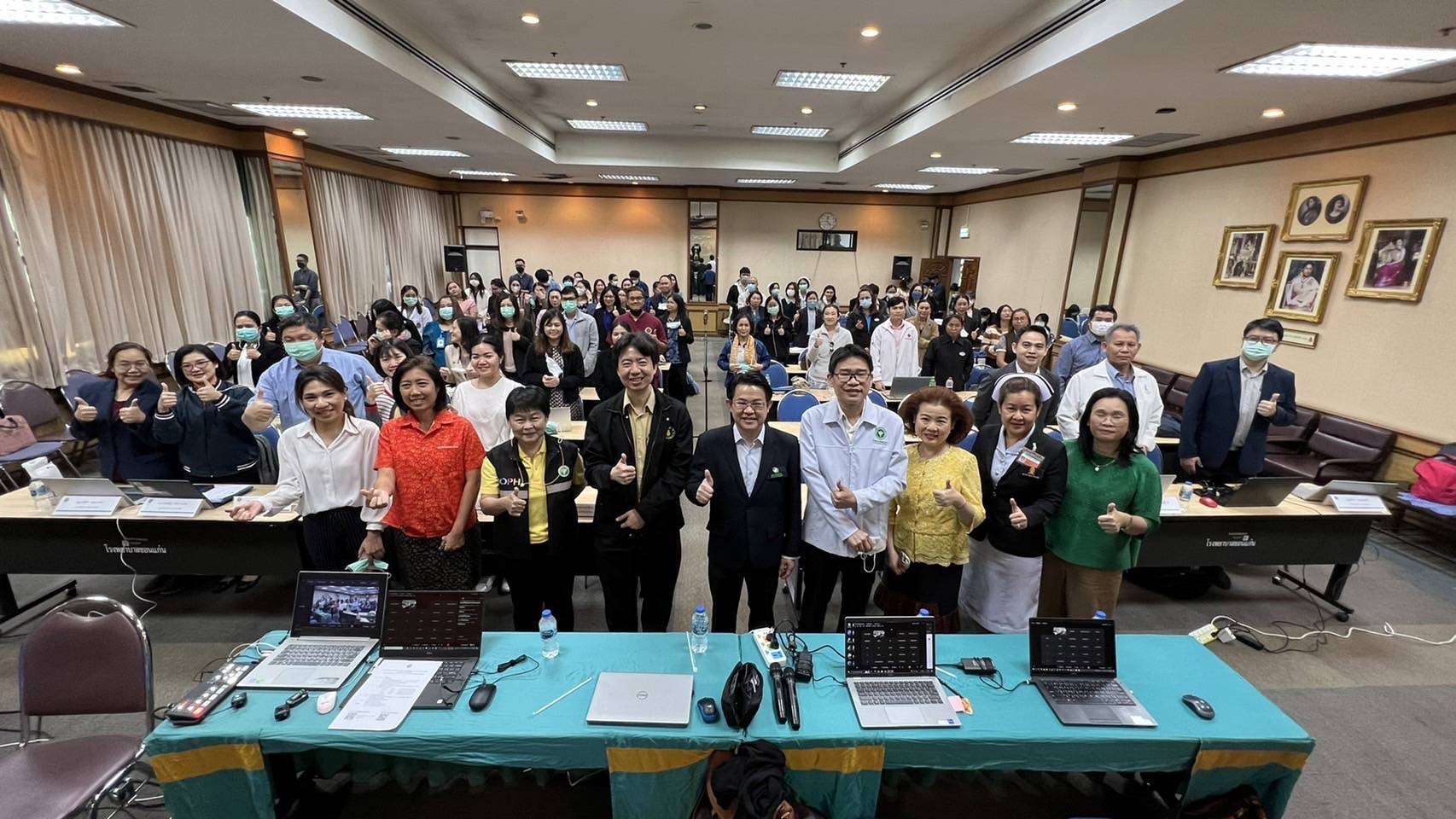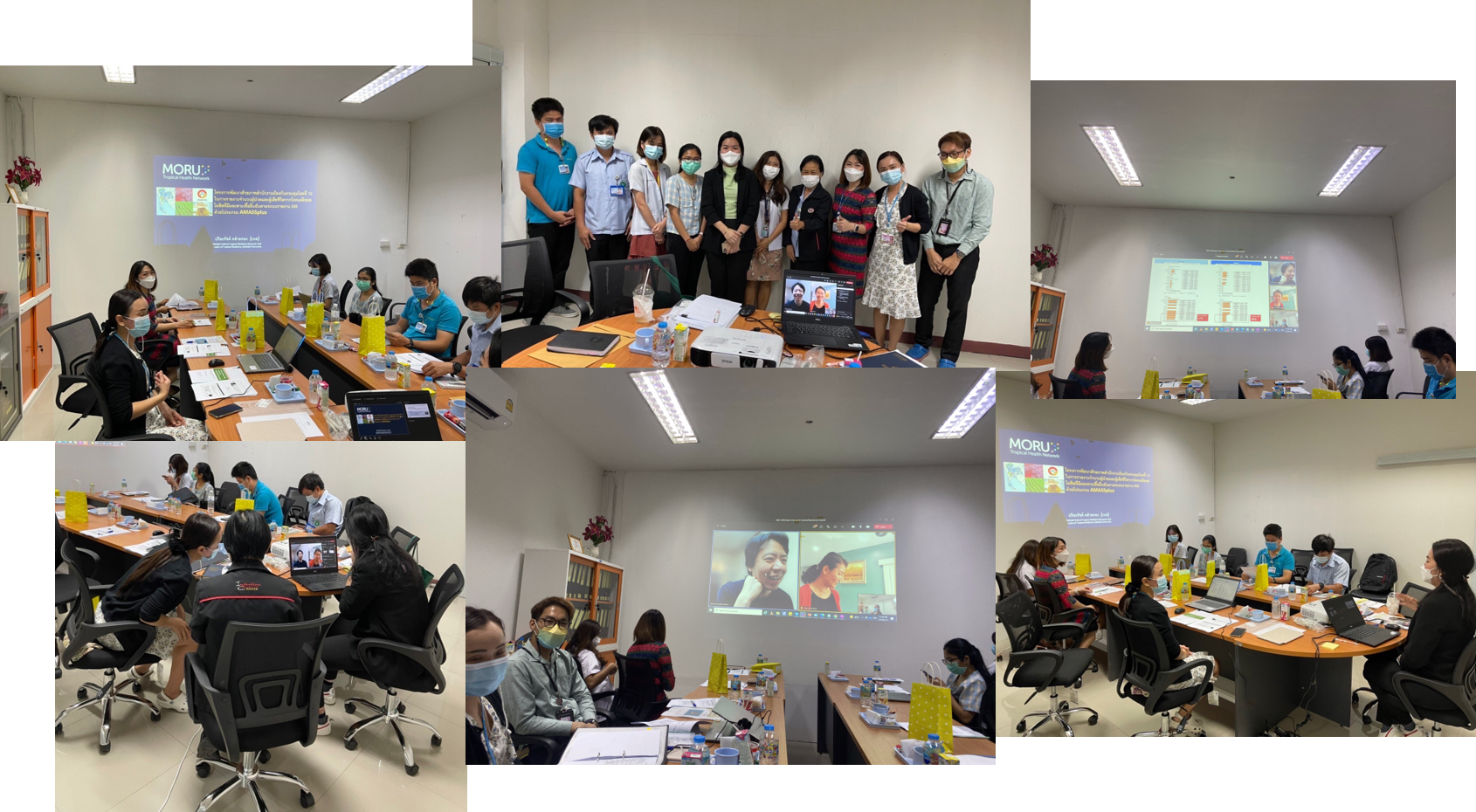AMASS version 3.1 is now available to download
AMASS version 3.1 improves algorithms and report layouts from the previous version
The current version of the AMASS application provides updates including.
1.Revise the text and corrected bugs encountered during data import and translation.
2.Update SaTScan codes for AnnexC: Cluster signals and report layouts.
AMASS version 3.0 is now available to download
AMASS v3.0 additionally generates reports on cluster signals and improves algorithms from the previous version
The current version of the AMASS application provides the updates including.
1. Annex C: Cluster signals. This annex shows potential clusters of patients with AMR infection identified using the SaTScan (www.satscan.org).
2. Leave processed (i.e. de-duplicated and/or merged) data files for any further analysis and internal use after using the AMASS.;
3. Enterococcus faecalis and E. faecium have been explicitly included in the pathogens under the survey;
4. Add a few antibiotics in the list of antibiotics for a few pathogens under the survey;
5. Improve algorithms for supporting more several date formats, data file translation, a larger data se , and Data_verification_logfile report;
6. Used only Python rather than R + Python (as used in the AMASSv2.0);
7. Set a default config for infection origin stratification by allowing a specimen collected two calendar days before the hospital admission date and one day after the hospital discharge date into consideration. This config supports the real-world setting that several hospitals in LMICs (particularly Thailand) have patients stay in the hospital (e.g. at ER) due to many limitations before official admissions can be made.;
8. Improve the algorithm to include patients who were not yet discharged from the hospital (i.e. having no discharge dates yet) in the analysis by truncating at the last date of specimen date in the whole data set (usually at the end of the year [e.g. 31 Dec] or the survey period). This algorithm improve the ‘bed-days at risk’ and ‘bed-days at risk for hospital-origin infection’ to be precisely estimated.
AMASS version 3.0 (BETA) updated to build 3026.
The current version of the AMASS application (version 3.0 (BETA)) is updated to fix some minor bug as well as adding following functionalities.
- Support display Thai charectors.
- Add Table S10A and S10B to display list of data values and variable recorded for "ward" in microbiology data file and hospital admission data file.
AMASS version 3.0 (BETA) Build 3022 is now available to download
The current version of the AMASS application provides updates including.
1. Add “Annex C: Cluster signals”. This supplementary report shows the information of potential clusters which are identified using the SatScan (www.satscan.org).
2. Add processed data files in the folder “Report_with_patient_identifiers” so that users can use the processed data file (e.g. deduplicated and merged data files for each AMR pathogen) for any further analysis on internal use.
3. Enterococcus faecalis and E. faecium were explicitly included in the pathogens under the survey (while Enterococcus spp. was used in the AMASS version 2.0)
4. Add a few antibiotics in the list of antibiotics for a few pathogens under the survey.
5. Use only Python rather than R + Python (as used in the AMASS version 2.0).
6. Include patients who have missing discharge dates in the analysis by truncating the day at risk using the last date of specimen date in the data set (e.g. a patient who was admitted on 30 Dec 2023, had blood specimen collected for culture on 31 Dec 2023, and were still in the hospital on 10 Jan 2024. Then, the microbiology data file and hospital admission date file were exported on 10 Jan 2024 for the data of year 2023 [specimen dates and hospital admission dates from 1 Jan 2023 to 31 Jan 2023]. This patient would be included in the analysis, assuming that the days at risk of BSI was from 30 Dec to 31 Dec 2023, and the specimen collected on 31 Dec 2023 would be included in the analysis. In the AMASS version 2.0, this patient would not be included in the analysis as the code for truncation among patients who were not discharged was not included in the AMASS version 2.0).
AMASS workshop at the ACORN network meeting at Grande Centre Point in Bangkok, Thailand
A successful AMASS workshop hosted by ACORN network meeting.
Over 10 participants for the fascinating discussion on the local hospital data.
Implement the AMASS in 127 hospitals in Thailand
AMASS version 2.0
AMASS team, in collaboration with the Ministry of Public Health Thailand, organized a Face to Face training for 127 hospitals in four regions (Northern, Southern, Central and Northeastern) from February to March 2023.

The third workshop for training the trainer in Thailand
AMASS version 2.0
AMASS team, in collaboration with the Ministry of Public Health Thailand, organized the third workshop. This section is a Face to Face workshop. We discussed the cumulative antibiogram report from the participants.
The First implementation of 127 hospitals in Thailand
The First implementation of 127 hospitals in Thailand
AMASS team, in collaboration with the Ministry of Public Health Thailand, organized the online meeting for introduction the AMASS application to 127 hospitals in Thailand.
AMASS version 2.0
The First hybrid workshop for AMASS version 2.0 at Ratchaburi Hospital, Ratchaburi Province, Thailand
AMASS team, in collaboration with the ministry of Public Health Thailand, organized the hybrid workshop for IT and laboratory Technicians from 15 hospitals in NH5 at Ratchaburi Hospital.
AMASS version 2.0 is now available to download
AMASS v2.0 additionally generates reports on notifiable bacterial diseases in and on data indicators (including proportion of contaminants and discordant AST results)
AMASS v2.0 is implemented from AMASSplus that was released on 25 Mar 2021. AMASS v2.0 has additionally reports on notifiable bacterial diseases in Annex A and on data indicators (including proportion of contaminants and discordant AST results) in Annex B. AMASS version 2.0 also separately generates Supplementary data indictors report to support users to check and validate records at the local level. For any queries about AMASS, please contact AMASS team (amass@tropmedres.ac).
AMASS plus hybrid workshop
AMASS plus hybrid workshop with Network Health 10 (NH 10) and Network Health 6 (NH6), Thailand
AMASS team, in collaboration with Thai One Health Network, organized the hybrid training workshop for participants from five hospitals in NH10 (Sunpasitthiprasong, Amnat Charoen, Mukdahan, Kantharalak,and Nakhon Phanom hospitals) and Phatthalung hospital in NH6. Following the workshop, they received the cumulative antibiograms and notifiable bacterial infections reports for respective hospitals.

AMASSplus is now available to download
AMASSplus is an extension of AMASS version 1.1 that has an additional report on eleven selected notifiable bacterial diseases.
The AMASSplus application is an extension of AMASS Version 1.1 that was released on 12 January 2021. AMASSplus has an additional report (page 38-40) on selected notifiable bacterial diseases. For implementation of AMASSplus at your hospitals in Thailand, please contact Preeyarach Klaytong (preeyarach@tropmedres.ac) and Viriya Hantrakun (viriya@tropmedres.ac).
AMASS version 1.1 is now available to download
AMASS 1.1 fixes a typo in the R codes of the AMASS 1.0 that caused inaccurate estimations of the proportion of non-susceptible isolates of E. coli and K. pneumoniae for ampicillin
This is a version with bugs fixed. AMASS 1.1 fixes a typo in the R codes of the AMASS 1.0 that caused inaccurate estimations of the proportion of non-susceptible isolates of E. coli and K. pneumoniae for ampicillin (page 9-10 and page 18-21 in the AMR surveillance report).
AMASS version 1.0 is now available to download in the homepage
AMASS v1.0 can be downloaded by clicking on “Download Now!”
Check out the two example data sets in the AMASS folder, and the new structure of the AMR surveillance report!
AMASS workshop in Siem Reap
A successful AMASS workshop hosted by Angkor Hospital for Children
Special thanks to Prof Paul Turner and his team from COMRU for organizing the workshop. Many thanks to all participants for the inspiring discussions.
AMASS workshop in Yangon
A successful AMASS workshop hosted by North Okkalapa General and Teaching Hospital.
Over 20 participants joined us. Special thanks to Htet Htet Aung, Htet Naing Lin, and Myo Min from MOCRU for organizing the workshop. Many thanks to all participants for the fascinating discussion on the local hospital data.
New version available
Beta-version-12022019 of AMASS application is open-access and can be downloaded by clicking on "Download Now!" or from FigShare to your thumb drive or hospital computer.
AMASS Google group created
You can join AMASS Google group by clicking on "Join AMASS group"
|